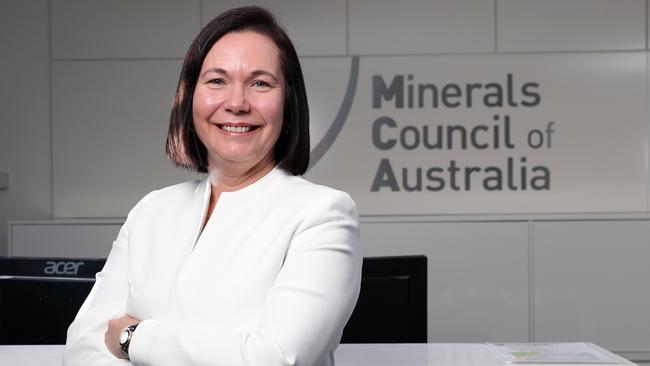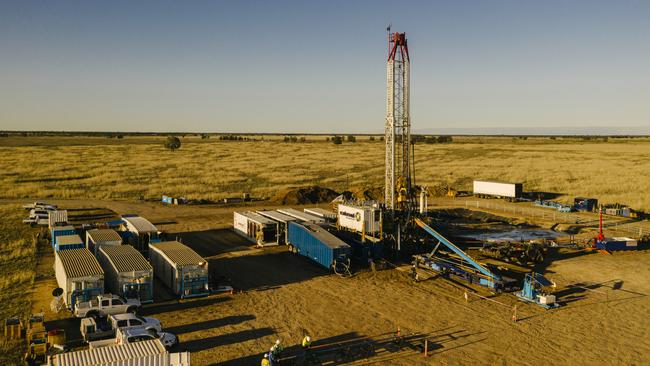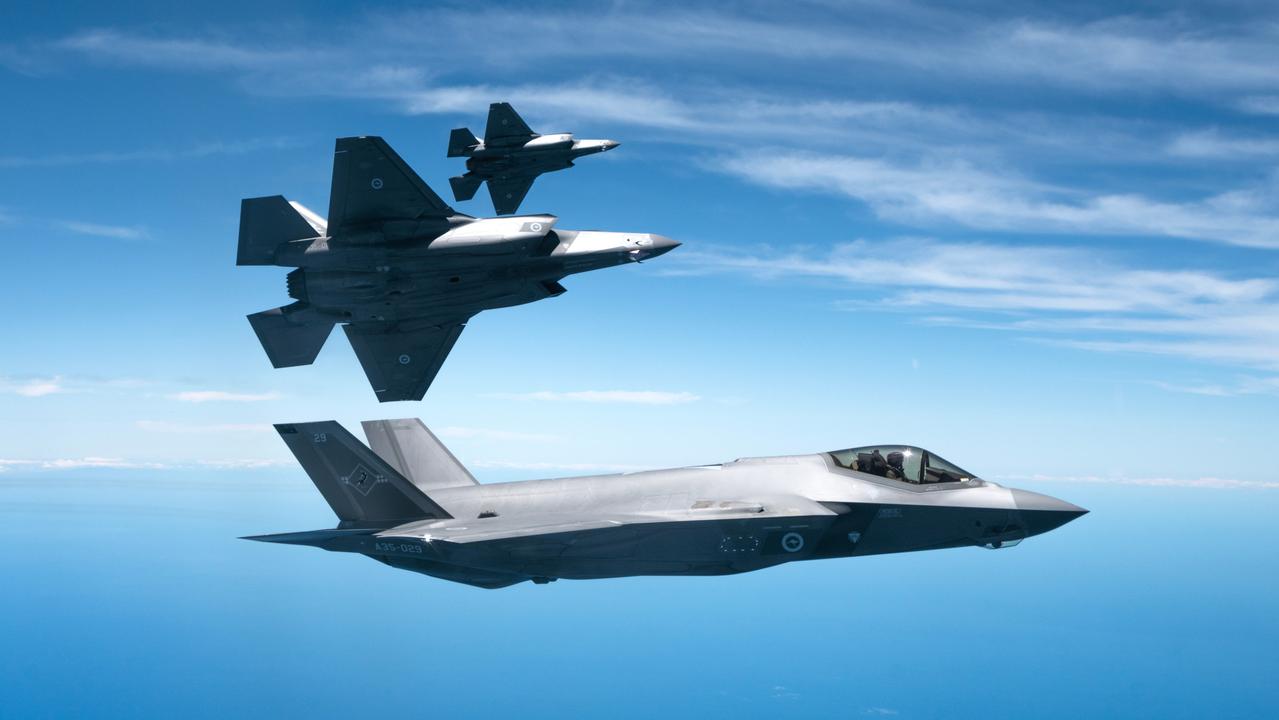Industry must maintain advantage
Australian coal is a major contributor to investment, highly skilled and high-value jobs, exports and government revenues.

Australians can be proud of our world-class minerals sector as we finish 2020, with the industry continuing to support jobs, communities and investment in regional NSW, Queensland and Victoria.
Australian coal is a major contributor to investment, highly skilled and high-value jobs, exports and government revenues. And despite the COVID-19 pandemic, Australian mining has continued to operate while keeping workers, families and communities safe.
The industry can take pride in how it has handled and continues to handle the pandemic.
We are fortunate to be ableto keep people in work and mines running, based on our responsible action to protect workers, families and communities.
The industry continues to share best practice in relation to protective measures, workforce health and other areas in line with official advice. But we can’t rest on our laurels.
Australia is the fifth largest producer, the second largest exporter and has the fourth largest reserves of coal in the world. If we are to stay in the lead as our competitors recover from COVID, we must work even harder to maintain our advantage into the future.
With coal the largest export earner in Queensland and NSW, and Australia’s second largest export industry, we want the world to continue to look to Australia for reliable supply of our minerals.
Australia’s high-quality coal has propelled growth and prosperity across Asia for decades, reducing poverty and improving the lives of billions of people.
Australian coal in combination with our iron ore is used as one of the building blocks of Asia’s urbanisation — roads, apartment buildings and office towers all need the steel which is made using our coal.
Using Australian coal also produces fewer emissions per unit of energy generated than lesser quality coal from our competitors.
The industry provides tens of thousands of highly skilled, high-value jobs in regional NSW, Queensland and Victoria — employing about 50,000 people directly and a further 100,000 indirectly.
For more than 35 years coal has been one of Australia’s two main export industries — and the main export earner for both Queensland and NSW — and the major export industry for most of that period.
And low-emissions technologies such as carbon capture and storage (CCS) can help Australia’s world-class minerals sector play its part in global decarbonisation as the world recovers after COVID-19.

For example, Carbon Transport and Storage Company (CTSCo) — a wholly owned subsidiary of Glencore — is currently assessing and delivering the Surat Basin CCS Project on behalf of government and industry funders.
The project has been established to demonstrate the technical viability, integration and safe operation of CCS in Queensland’s Surat Basin to benefit all emitters of CO2.
So our coal can support the building of new cities and a better environment along with local jobs and stronger communities.
Australia’s minerals industry has commenced implementation of the MCA Climate Action Plan, focused on driving low-emissions technology within operations and across mine sites, transparency and reporting and knowledge sharing. Technology will also be central to ensuring safety, efficiency and productivity in Australia’s coal mining sector.
The announcement earlier this year by BHP Mitsubishi Alliance (BMA) that it will create new skilled jobs in regional Queensland through the introduction of 34 autonomous trucks shows that the Australian industry is again leading the world in technology adoption.
The MCA has long promoted the benefits of technology and innovation for Australian mining and its highly skilled, highly paid workforce.
‘Innovation, people and skills combined with technological advances will deliver a more globally competitive minerals sector’
The Australian coal industry is already a major employer in regional NSW, Queensland and Victoria.
And there’s more to come. In future years the minerals industry will deliver about 5000 apprenticeships to give younger people and those moving from other industries the opportunity to join a world-leading sector.
BMA, in partnership with TAFE Queensland and CQUniversity, is also developing autonomous qualifications for the resources sector through its Queensland Future Skills partnership.
Automation takes workers out of harm’s way, enables mines to deliver more of Australia’s top-quality minerals to customers more quickly through more efficient operation and has the potential to reduce emissions by optimising fleet and machinery performance.
The industry also works with Traditional Owners — our number one partners — and with environmental, community groups and other partners for a better future.
Whether it’s planting more trees, restoring land for farming, filling pits, or creating new areas for wildlife to flourish, mining manages land well to benefit the community.
Finally, the industry was proud in 2020 to recognise two great women from Australia’s coal industry as part of the BHP 2020 Women in Resources National Awards.

Renata Roberts from the Bloomfield Group in Singleton, NSW, won the Dyno Nobel Exceptional Woman in Australian Resources Award for leadership across a number of areas, capability and agility and for her community outreach particularly through the HR Hub and Educators Forum initiative.
And the winner of the Newcrest Exceptional Young Woman in Australian Resources Award was Kathryn Young, geotechnical engineer at BHP’s Peak Downs Mine in Moranbah, Queensland, for her impressive technical leadership, mentoring and strong advocacy on gender diversity.
These are some of the great examples of inspiration and achievement in Australia’s
coal sector.
The MCA is proud to represent minerals companies and workers across Australia and work with them for a safer, more productive and more sustainable sector.
Tania Constable is chief executive of the Minerals Council of Australia.




